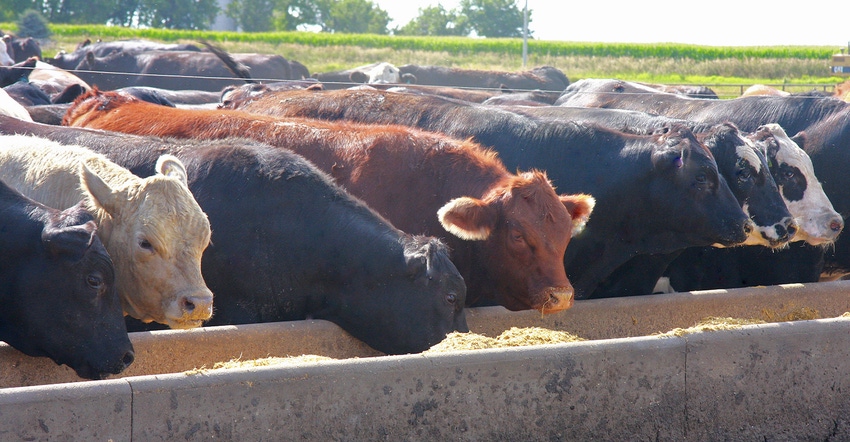December 20, 2019

Perhaps it was prescient when the Beef Quality Assurance program was created back in 1987. Creators of the program were targeting the finished product with an eye on the consumer. Yet in the 32 years since the program was formed, the consumer has changed and is hungry for more information.
“Now more than ever, consumers show concern for issues pertaining to animal welfare and environmental sustainability, and the BQA program is committed to addressing such topics in order for the cattle industry to continue meeting ever-changing consumer expectations,” says Libby Bigler, Colorado BQA coordinator.
Those new expectations surfaced most recently as requirements by major beef processors, including Tyson and Cargill, asking livestock transporters and suppliers in feedyards to be BQA-certified. Today, Cargill requires 90% of cattle be sourced from BQA-certified feeders, and hauled by individuals with Beef Quality Transport Assurance certification. Tyson requires that 100% of cattle be sourced from BQA yards; and in 2020, all cattle must be delivered to plants hauled by individuals with BTQA certification.
Value of certification
These certifications put added requirements on cattle producers; yet, there may be an economic benefit. Colorado State University recently released a study, “Effect of Mentioning BQA in Lot Descriptions of Beef Calves and Feeder Cattle Sold through Video-Based Auctions on Sale Price.” In that study, researchers found a premium of $16.80 per head for cattle that listed BQA in the lot description.
Collected in partnership with Western Video Market, and based on sale prices of 8,815 lots of both steers and heifers sold in nine Western states between 2010 and 2017, the study is based on wide-ranging data. Those sales were conducted prior to the rising processor demand for BQA-certified animals.
Primarily funded by the Beef Checkoff, the BQA program was developed by beef industry producers and is recognized by both processors and consumers.
Since BQA started, many producers have been certified, and others have adopted the practices by picking them up from neighbors or local veterinarians. However, the CSU study emphasized how important it is to be able to transfer BQA certification information from seller to buyer when a transaction is made.
Being able to provide a certification number is becoming integral for producers, feeders and truckers who deliver cattle to processors. Certifications can be obtained by attending a training program in person or online. Certifications are valid for three years. Training material is updated annually, but major revisions occur every five years from information received through the most current National Beef Quality Audit.
You can learn more about BQA and the producer and transporter certification programs by visiting cobqa.org, or by contacting your local Colorado Extension Office.
Source: Colorado State University. The source is solely responsible for the information provided and is wholly owned by the source. Informa Business Media and all its subsidiaries are not responsible for any of the content contained in this information asset.
You May Also Like




